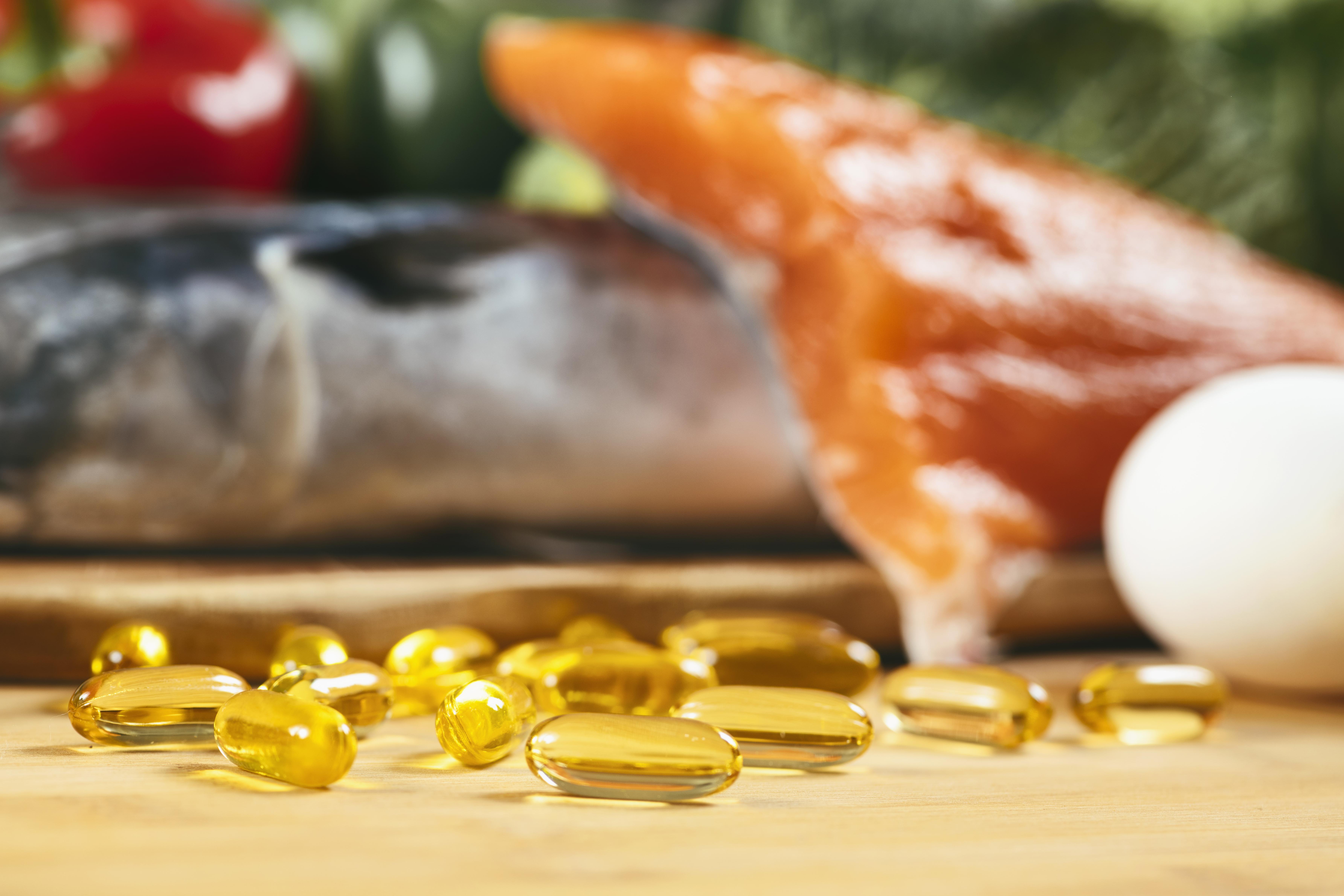Little Changes That Have a Big Impact on Blood Pressure
9. Reduce Caffeine Intake

Caffeine is a stimulant that can temporarily increase blood pressure by causing the heart to beat faster and the blood vessels to constrict. While the effects of caffeine on blood pressure can vary among individuals, it's important to be mindful of your caffeine consumption, especially if you have high blood pressure. Limiting caffeine intake to no more than 400 milligrams per day, equivalent to about four cups of brewed coffee, can help manage blood pressure levels. If you're sensitive to caffeine, consider gradually reducing your intake to minimize withdrawal symptoms.
10. Incorporate Omega-3 Fatty Acids

Omega-3 fatty acids are essential nutrients that have been shown to have numerous health benefits, including lowering blood pressure. These healthy fats are found in fatty fish, such as salmon, mackerel, and sardines, as well as in flaxseeds, chia seeds, and walnuts. Omega-3 fatty acids help reduce inflammation, improve heart health, and lower blood pressure by promoting the relaxation of blood vessels. Including omega-3-rich foods in your diet can have a positive impact on your blood pressure and overall health.
